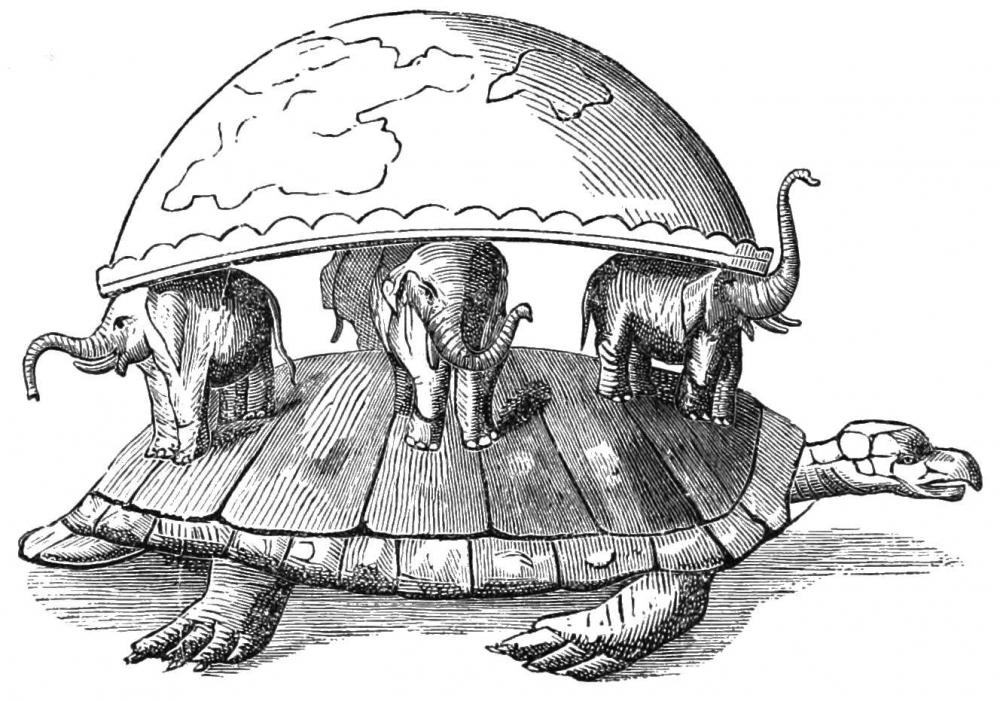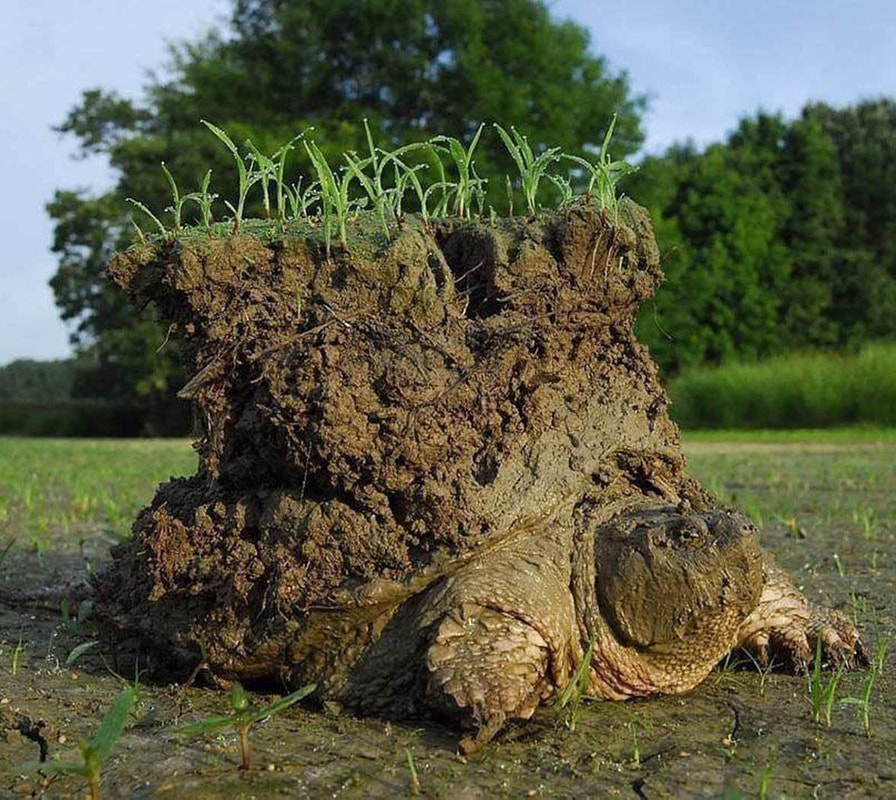| Sometimes people get confused when looking for sources. Someone might have some easy rules, but they might not realize when or how to use them- or when to break them. We came up with 5 things to look for as a class. 1) Trusted author: What experience does this person have that lends them credibility and what background do they have that could affect their point of view. 2) Date: is it recent enough to be credible. How much has science changed what is known about your topic? If cell phones and technology change every 2 years- maybe we should be careful with things that are older than 10. Even history is changing because of new research in genetics. 3) Primary Source: The date thing could be thrown out of the window if it is a primary source- or rather current dates may be less respected if you are researching something older. A paper on the Constitution- should have a quote from the Constitution- not just modern authors writing about the constitution. 4) Cited Sources: If the author isn't an eye witness- are they using good sources. Do they cite direct quotes and have a work cited? 5) Media: Every type of media is going to have it's own point of view. Blogs are different than documentaries, history books are different than songs. |
|
We noticed some real mistakes when looking at Ancient Monster Hunters. Why did archaeologists throw out bones of dinosaurs? Why did so much literature, culture, and history get ignored? How do we prevent those mistakes? Be aware of the pros and cons of each and decide what is best for your paper. Remember a bad source makes for a bad paper and a bad reputation- no matter how skilled the author.
0 Comments
Greek Mythology can be fun, scary, exciting, thought provoking, frustrating...and everything else! But as the foundation of the Western World, it not only shows us more about our society and how we came to be, its deep psychological questions teach us more about ourselves and being human, too.
|
Categories
All
Archives
December 2019
|


 RSS Feed
RSS Feed